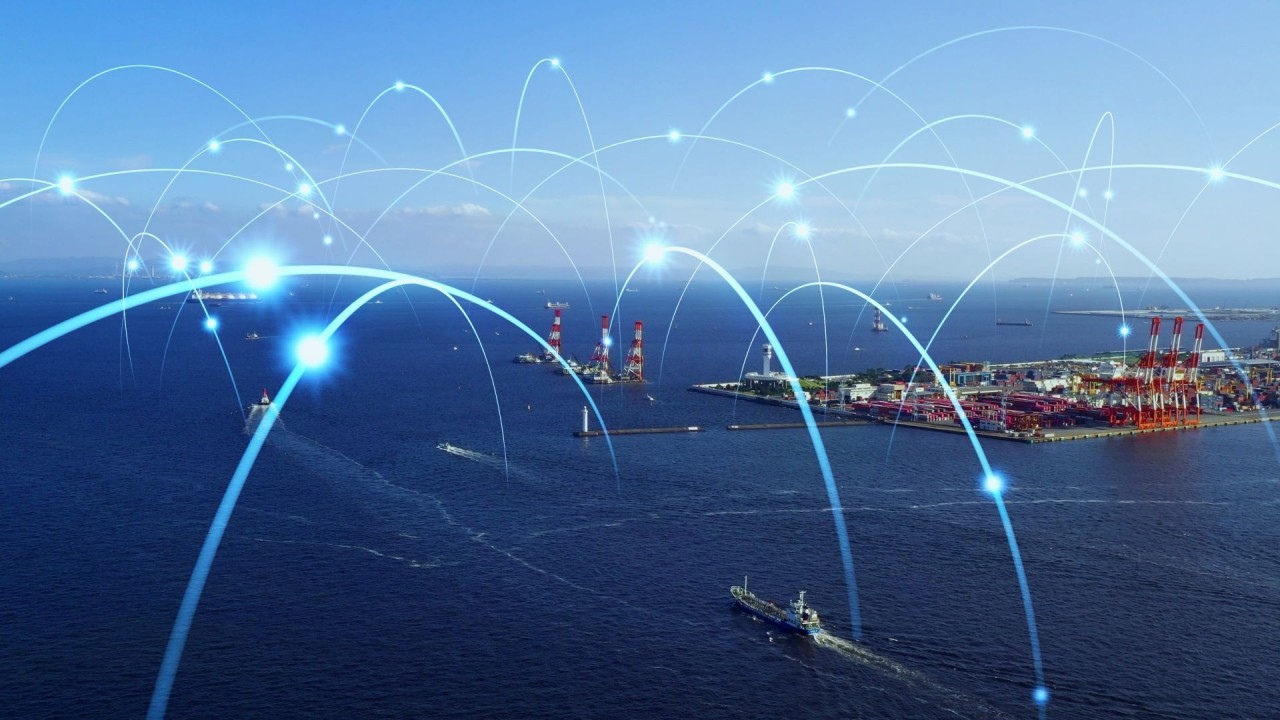
Investments in decarbonization technologies, such as eco-friendly vessel designs and cleaner fuel options, are seen as vital. However, they require substantial financial commitments and strategic planning influenced by regulations, market-based measures like carbon trading, and stakeholders’ preferences and interactions.
The complex dynamics between ports, shipping companies, and other stakeholders in making investment decisions emphasize the importance of cooperative strategies and alignment of incentives across the industry to effectively reduce carbon emissions and achieve sustainability targets.
The challenges and strategies related to implementing sustainable technologies under environmental regulations in the maritime shipping industry are discussed below:
Sustainable Technologies Issues Under Environmental Regulations
The shipping industry faces increasing pressure to reduce carbon emissions through mechanisms like cap-and-trade schemes, carbon taxes, and hard carbon caps. Among these, cap-and-trade is preferred due to its flexibility and effectiveness in reducing emissions without harming profits.
Sustainable technologies, such as shore-to-ship electricity, are recognized for their dual benefits of monetary gains and emission reductions. However, the implementation of these technologies is hindered by high costs and technical challenges, such as the need for significant investments to retrofit ports and ships to accommodate new technologies like shore power.
Investment Strategy of Sustainable Technologies
Various decision-making models have been developed to help enterprises select appropriate sustainable technologies. These models consider economic benefits, compliance with environmental regulations, and the effectiveness of technology in reducing emissions. Despite the potential benefits, the high costs associated with these technologies necessitate careful planning and justification. Moreover, the strategic interactions among different stakeholders in the industry, focusing on how these interactions influence the adoption and investment in sustainable technologies, need to be carefully analyzed.
Decision-making in the context of environmental investments
Decision-makers do not always act rationally and often segregate their choices into different mental accounts, which can lead to suboptimal investment decisions. Varying perceptions and attitudes towards economic and environmental outcomes emphasize the complexity of decisions in environmental governance.
In summary, the maritime shipping industry’s transition to sustainability is complex and influenced by economic considerations, regulatory frameworks, and decision-makers psychological tendencies.
Effective strategies require not only technical solutions and financial investments but also a deep understanding of behavioral economics and strategic interactions within the industry.
The collaboration between shipping companies, cargo owners, and ports is crucial for investment decisions in decarbonization technology to meet decarbonization targets. These investment decisions can be heavily impacted by the perceived value of carbon assets versus operational profits, with different stakeholders (ports and shipping companies) having varied incentives based on their roles in the shipping value chain.
At least one party always has an incentive to invest in decarbonization, and depending on the cost-sharing mechanisms and regulatory pressures, the optimal investment decision should reach a cooperative equilibrium.
From one hand, policymakers can consider mechanisms that align the incentives of ports and shipping companies to foster collaborative investments in decarbonization; and on the other hand, regulatory frameworks can help not only to set caps on emissions but also actively adjust the economic incentives for lower carbon technologies through mechanisms like carbon pricing.
Looking to seamlessly navigate this complex landscape of maritime decarbonization and turning it into a competitive advantage with economic, social, and environmental positive impacts? Book a demo with PortXchange today.

I’ve spent the past 18+ years helping ports, supply chains, and global businesses turn sustainability goals into real, measurable results.
From leading billion-dollar infrastructure projects to building my own consulting firm, I’ve seen how the right strategy can turn pressure into opportunity.
My mission today is simple: help leaders like you build sustainable, future-ready businesses that don’t just check boxes—but actually make an impact. One decision, one project, one team at a time.
Let’s build what’s next—together.
Have a project or idea in mind?
I’d love to hear what you’re working on.
Book a quick call here